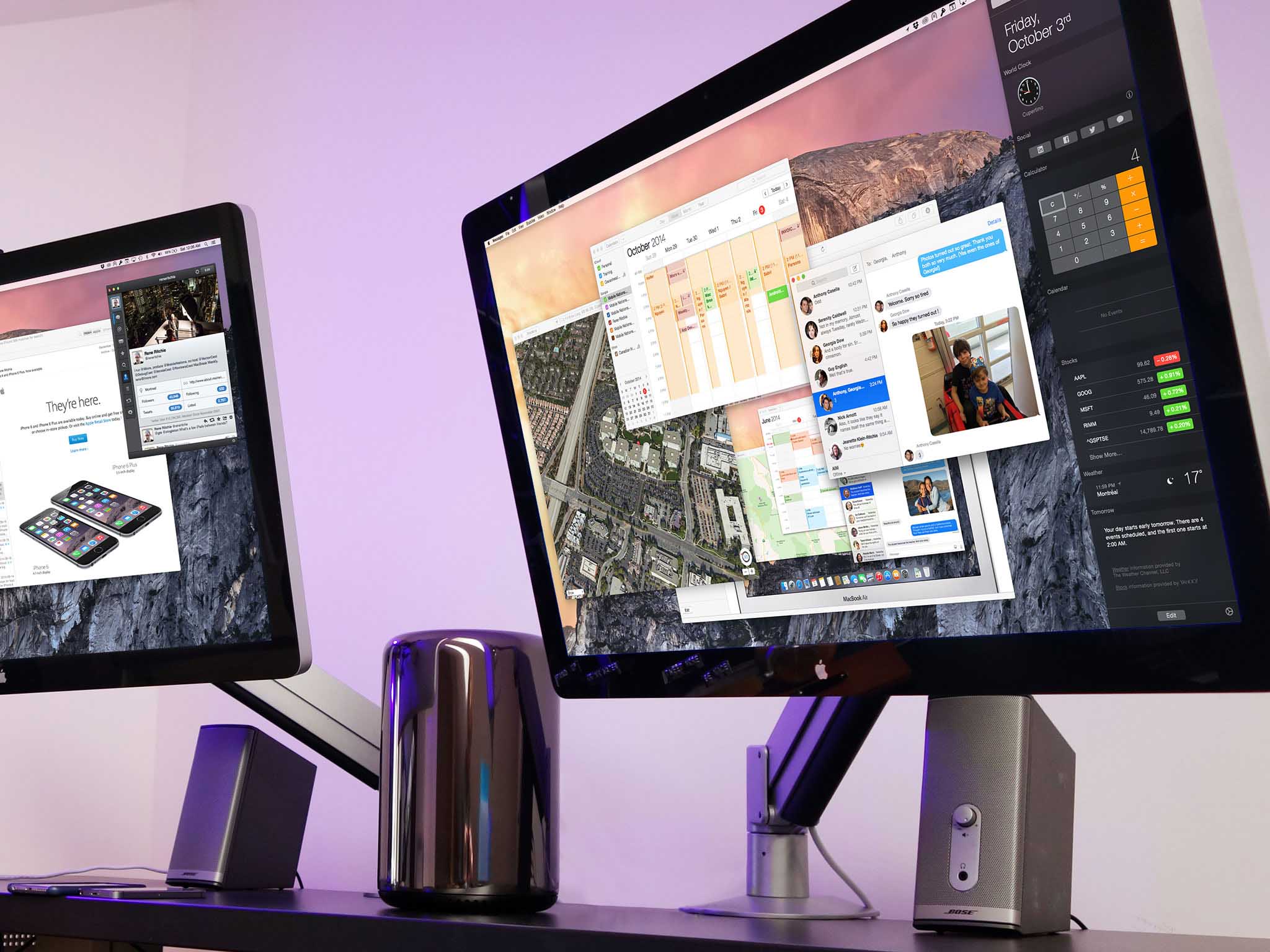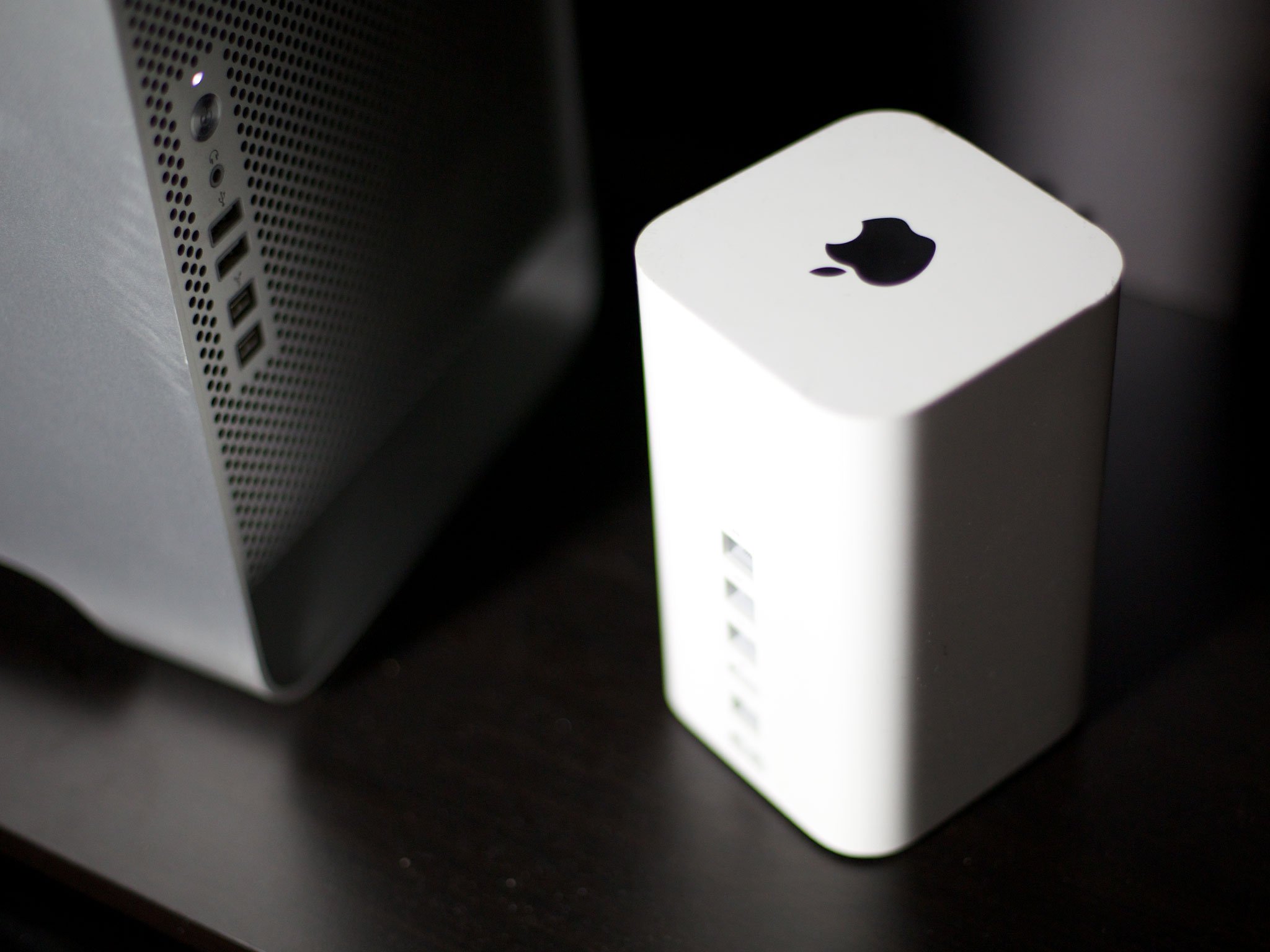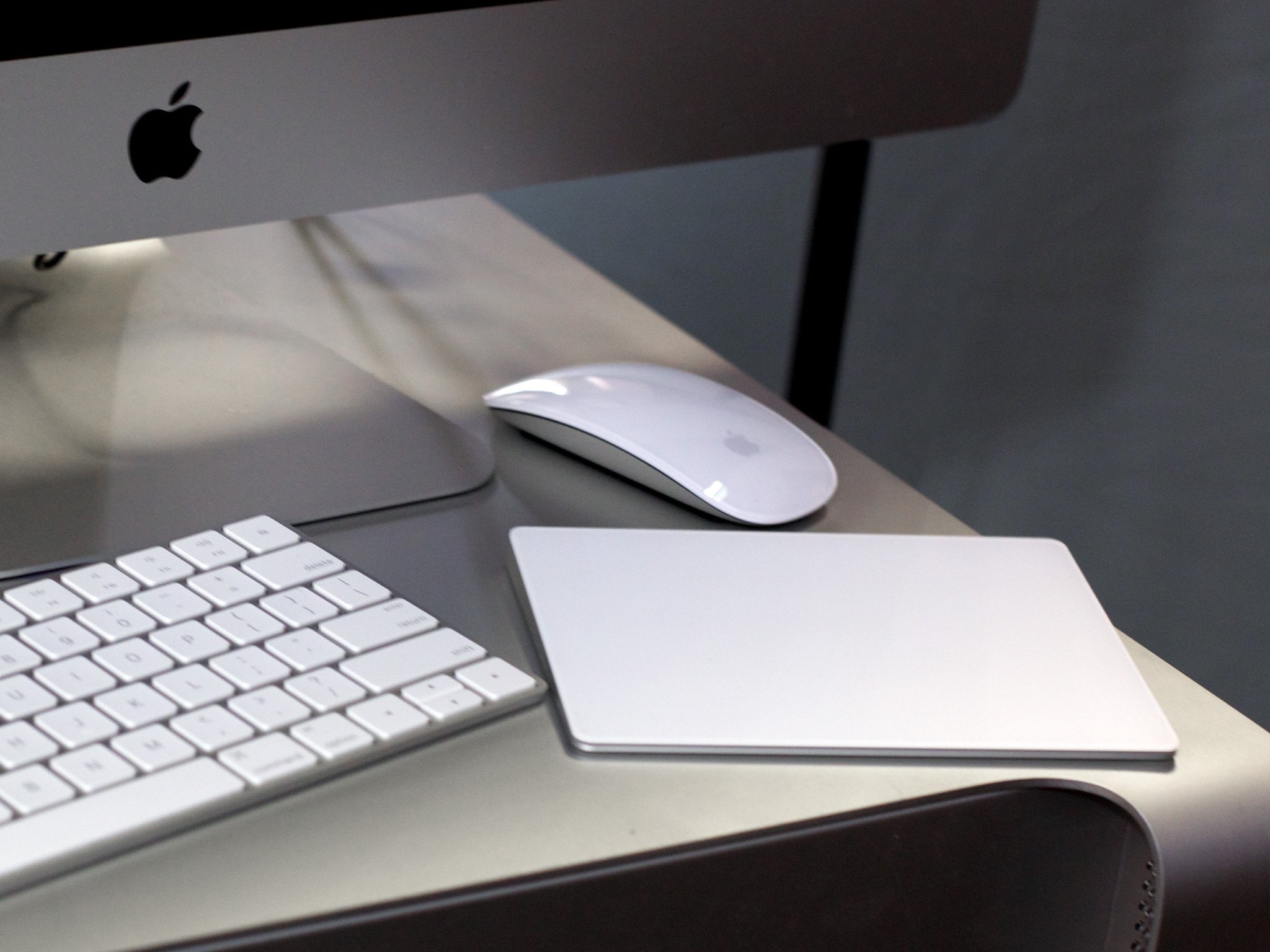The Horn Effect: Why Apple should keep making displays and routers!

I've heard the above quote attributed to Steve Jobs several times and it fits with the "thousand nos for every yes" mantra Tim Cook has been repeating over the last few years as well. It makes sense for a company that, despite its size and last decade of success, still runs like a web of small startups. But that doesn't make it sting any less when some of those "nos" hit the products I love.
Two recent product decisions, one real, one rumored, have hit me particularly close to home lately: Apple Display and AirPort Routers.
Death of the display
When the last Apple Display debuted after the IPS iMac it was a revelation. A gorgeous 27-inch panel that also worked as a hub for the full range of MacBooks. It was updated for Thunderbolt, but as the iMac got thinner, went 5K, and went DCI-P3, bringing sleeker design, better sharpness, and wider color to the market, the Apple Display got left behind.
Last summer Apple announced they were discontinuing the old Thunderbolt Display. This led some to believe Apple was getting out of the display business entirely and others that they were merely clearing the deck for the long rumored Apple 4K and 5K Displays. Ultimately, this past October, Apple announced new 4K and 5K displays… from LG.
I'm sure Apple put enormous effort into working with LG on them, but the industrial design was decidedly not-Apple, and the branding was pure LG.
Rumors on the router

Rumor has it Apple may be discontinuing the AirPort Extreme, Express, and Time Capsule as well. Though an early driver of wireless technologies and still offering an 802.11ac version that's up-to-date-ish with Wi-Fi standards — and still top rated for customer sat! — there's no denying the AirPorts haven't been updated in years either.
Meanwhile next-generation mesh networking routerss from Ubiquity, Netgear, eero, and even Google have launched that are more robust and even easier to set up — using an iPhone app, no less.
Master your iPhone in minutes
iMore offers spot-on advice and guidance from our team of experts, with decades of Apple device experience to lean on. Learn more with iMore!
Some have likewise taken these rumors as Apple exiting the router business while others again hope it's Apple clearing the deck for a next gen Home Hub product.
Niche needs
According to numbers I heard bandied about last year, only a very small, single digit percentage of MacBook Anything owners regularly connect to external displays. I don't know what percentage use AirPorts for Wi-Fi, but in a world with multiple vendors, it's inarguably not big business for Apple.
That makes people like me, who've owned multiple generations of Apple Displays and AirPorts, the minority, not the mainstream majority. And it makes it tough to argue, based on numbers alone, that Apple should devote some of their deliberately limited focus and resources on accessories rather than devices.
But not all arguments should be based on numbers.
Making a difference

Apple still offers Magic accessories for Mac, with features like Force Touch that no other vendor can supply. Likewise Apple Pencil. The Smart Keyboard is something that, even though Logitech makes one as well, shows the way forward for iPad Pro. Likewise Smart Battery Case, and even dongles. Not all Apple accessories are things only Apple could do, though, but they're mostly low ticket items like docks and cases.
MacBooks are no longer bound to MagSafe, though, and that means anyone can make a USB-C display. But not the experience.
If, for an end-user, the interface is the app, then the display is experience. I've used Apple Displays with Mac mini, Mac Pro, MacBook Air, and MacBook Pro, but when I'm using it, the machine behind it disappears. All I see is the display.
Right now, for me, that display still has Apple on the logo and in the design. It makes it apparent I'm using an Apple product, which reassures me and delivers the kind of ecosystem value Apple typically appreciates and optimizes for. It's the type of awareness other brands pay billions for in posters and placements. Giving it away to LG or anyone seems imprudent, especially long term.
Same for the AirPort. Right now I have a Time Capsule that just works to back up my Mac whenever I'm in Wi-Fi range. I'd love one with mesh support, but right now I'm considering my next router with mesh support and without an Apple logo.
Maybe it won't be a concern, and an Apple Home hub will materialize, and it'll have all sorts of "only Apple" benefits like local/cloud fusion for iCloud and updates, and wireless distance charging for the next iPhone, or whatever. But I don't know and I don't like that I don't know.
The horn effect
As profit centers go, displays and routers and their ilk are likely less than a rounding error for Apple. They also pull focus. Part of Apple's success, though, has been the halo effect — once you start buying something Apple, you keep buying more things Apple. Once you get the device, you get the accessories. The opposite — a horn effect? — would be buying non-Apple accessories leading to buying non-Apple devices.
A few more small yeses help support the bigger yeses. Mind share is invaluable and that makes it feel like key accessories, niche or not, are something Apple should absolutely still be in.

Rene Ritchie is one of the most respected Apple analysts in the business, reaching a combined audience of over 40 million readers a month. His YouTube channel, Vector, has over 90 thousand subscribers and 14 million views and his podcasts, including Debug, have been downloaded over 20 million times. He also regularly co-hosts MacBreak Weekly for the TWiT network and co-hosted CES Live! and Talk Mobile. Based in Montreal, Rene is a former director of product marketing, web developer, and graphic designer. He's authored several books and appeared on numerous television and radio segments to discuss Apple and the technology industry. When not working, he likes to cook, grapple, and spend time with his friends and family.
